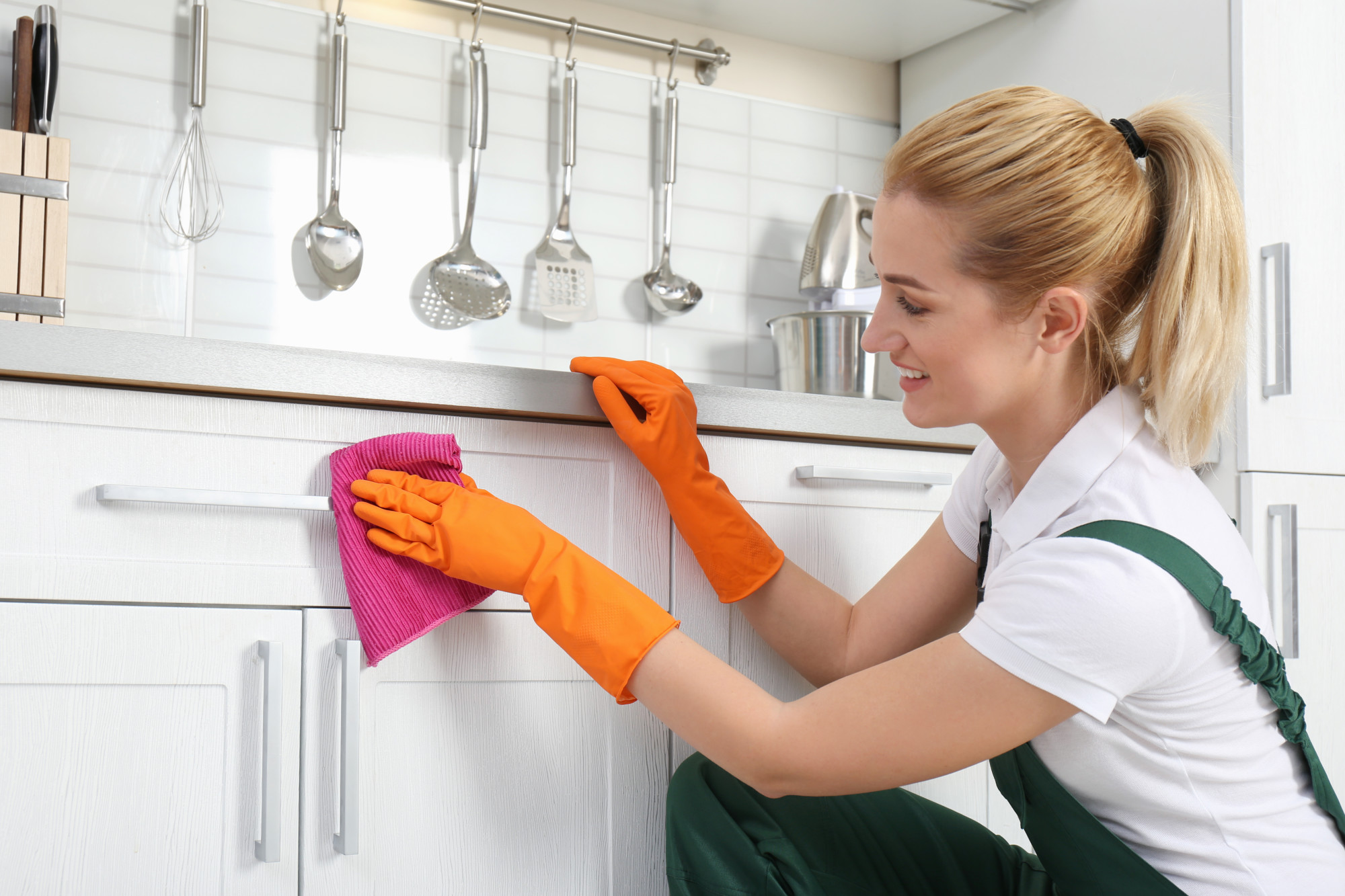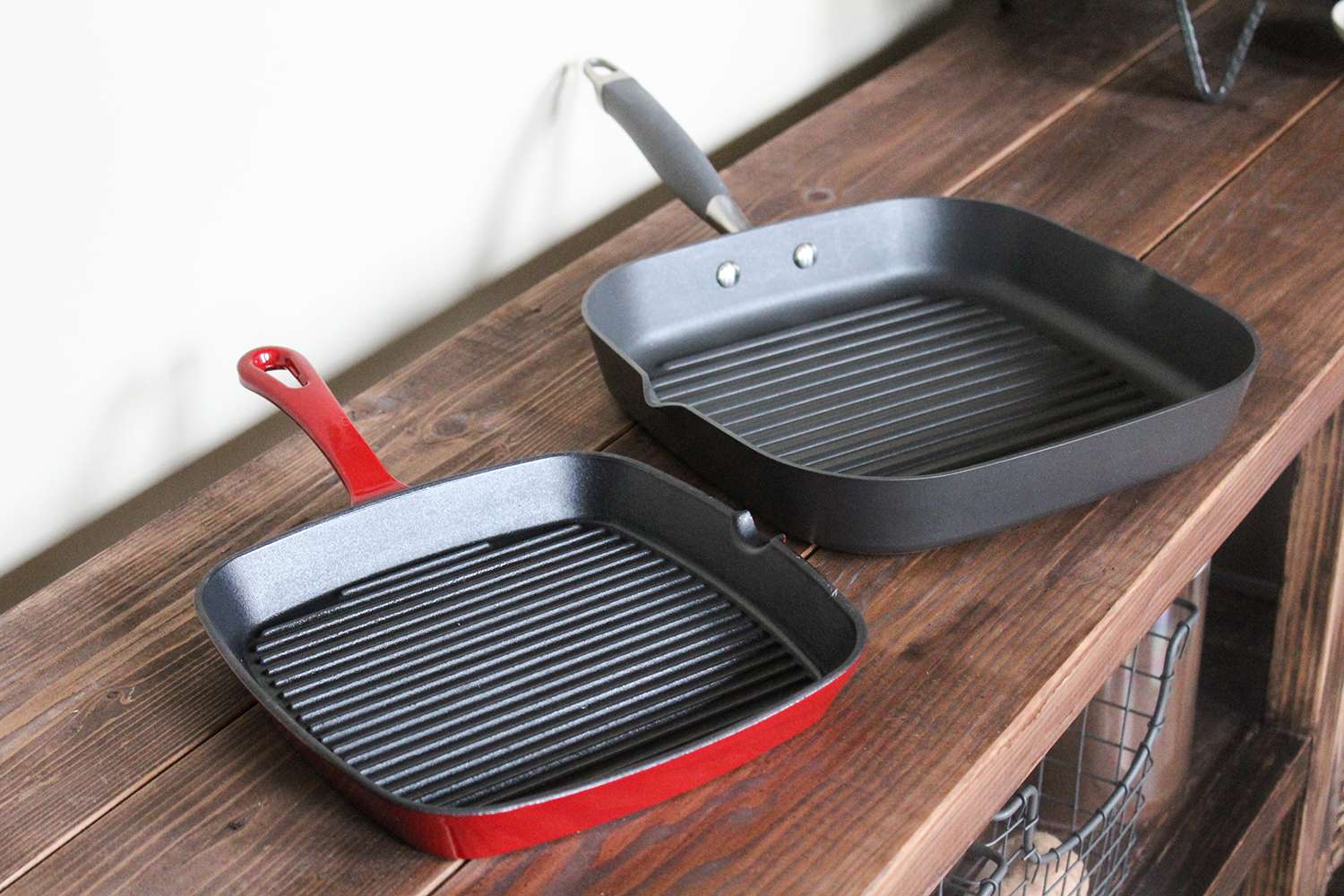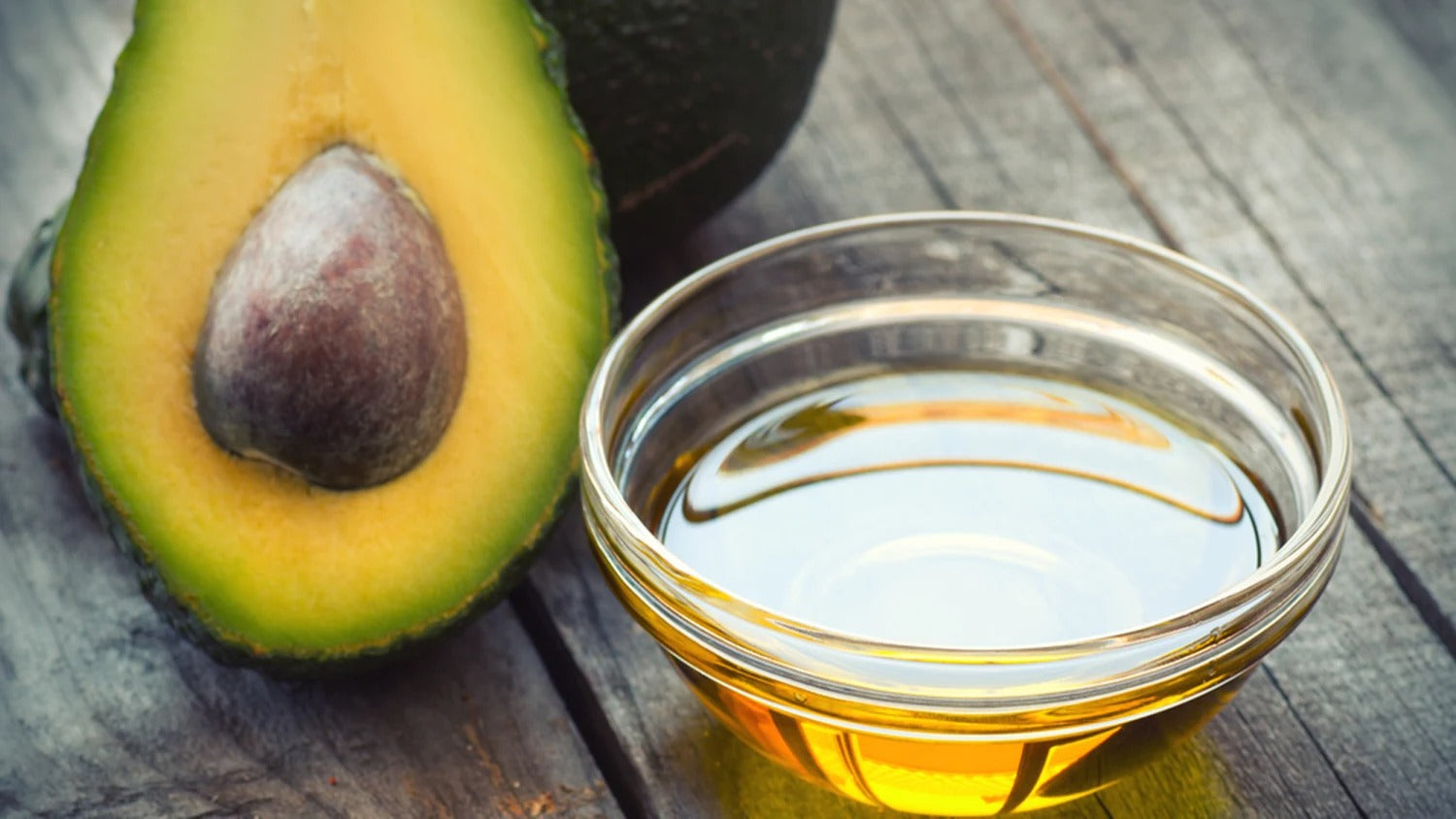When it comes to caring for your cast iron cookware, tackling rust can become a significant concern. Many kitchen professionals seek effective methods for restoring their beloved cast iron pieces, but many solutions often suggest vinegar as a go-to option. However, there are alternatives! If you're wondering how to remove rust from cast iron without vinegar, you are in the right place. This article will outline reliable techniques to rejuvenate your cast iron cookware and preserve its functionality.
It's understandable that rust can develop on cast iron over time, especially if it hasn't been stored correctly or seasoned regularly.

Understanding the Basics of Cast Iron Care
Before diving into rust removal methods, let's reaffirm the importance of maintaining the integrity of your cast iron. Cast iron is cherished by chefs worldwide for its even heat distribution and longevity when properly cared for. Understanding how to care for and maintain your cast iron cookware is essential in preventing rust in the first place. For foundational tips, check out this article on restoring cast iron.
Common Causes of Rust on Cast Iron
- Moisture Exposure: Leaving the cookware in a damp environment can lead to rust formation.
- Improper Drying: Not completely drying the cast iron after washing can encourage rust.
- Neglecting Seasoning: Failing to regularly season your cookware can lead to the breakdown of its protective coating.
Methods to Remove Rust
Now, let's discuss various methods to address rust without using vinegar. These approaches are not only effective but also safer for your cookware, allowing you to keep your cast iron in top shape.
1. Use Baking Soda Paste
Baking soda is a great option for rust removal. Not only is it safe to use, but it's also a gentle abrasive that can help lift rust from the surface. Here's how to use it:
- Mix baking soda with a small amount of water to create a paste.
- Apply the paste generously to the rusted areas.
- Let it sit for 10-15 minutes.
- Scrub gently with a soft brush or sponge, then rinse off with water.
- Dry thoroughly and re-season the pan.
2. Scrub with Salt
Another effective method employs coarse salt as a scrubbing agent. This method works particularly well against stubborn rust spots. To do this:
- Sprinkle a generous amount of coarse salt over the rusted spots.
- Use a clean, dry cloth to scrub the salt into the rust.
- Rinse or wipe clean and dry thoroughly.
- Always remember to season after cleaning.
3. Use a Potato and Dish Soap
Believe it or not, a potato can be an excellent tool for removing rust. The oxalic acid in the potato acts as a mild abrasive that can reduce rust. Heres how you do it:
- Cut a potato in half.
- Apply dish soap to the cut side.
- Use the potato to scrub the rust areas.
- Rinse and dry thoroughly, then re-season.
4. Sandpaper or Steel Wool
For tough rust that won't budge, using sandpaper or steel wool may be necessary. Its essential to proceed carefully to avoid scratching the cast iron. Follow these steps:
- Use fine to medium-grit sandpaper or steel wool.
- Gently sand the rusted areas until they are clear.
- Clean the surface with soap and water.
- Make sure to dry thoroughly and season afterward.
Prevention is Key
Staying one step ahead of rust is all about prevention. Here are tips to ensure your cast iron remains rust-free:
- Season Regularly: Regular seasoning helps create a protective layer between moisture and the metal.
- Store Properly: Keep your cast iron in a dry place; consider placing paper towels between stacks to absorb moisture.
- Avoid Dishwashers: Never put cast iron cookware in the dishwasher, as this can strip its protective layer.

Frequently Asked Questions (FAQs)
1. Can rust on cast iron be harmful?
No, while rust is not ideal, it is generally safe to eat from a rusted pan. However, its better to remove rust before cooking.
2. What should I do after removing rust?
After rust removal, always dry your cast iron pan thoroughly and then apply a light coat of oil to re-season it.
3. My cast iron is still rusty after trying these methods. Whats next?
If rust persists, consider using a rust remover product or referring to professional care guides.
For additional tips on managing and keeping your cast iron cookware in prime condition, check out this informative guide on caring for cast iron.
Taking care of rust in your cast iron cookware is essential for kitchen professionals. By using the tips provided, you can ensure your cookware not only looks great but functions well for years to come!
This article contains affiliate links. We may earn a commission at no extra cost to you.






Leave a comment
This site is protected by hCaptcha and the hCaptcha Privacy Policy and Terms of Service apply.